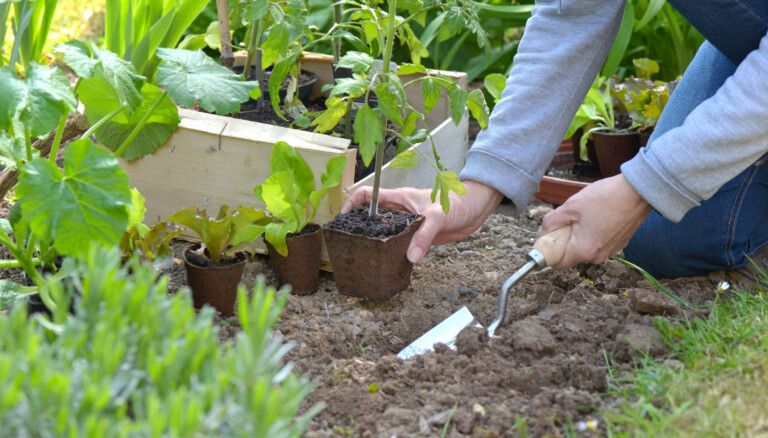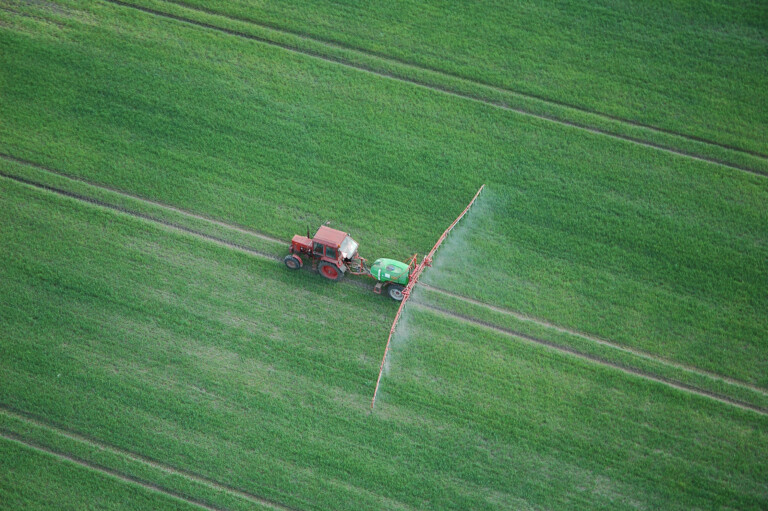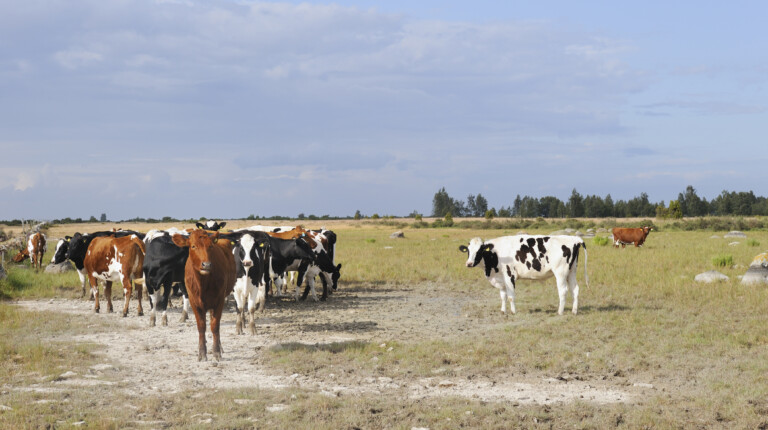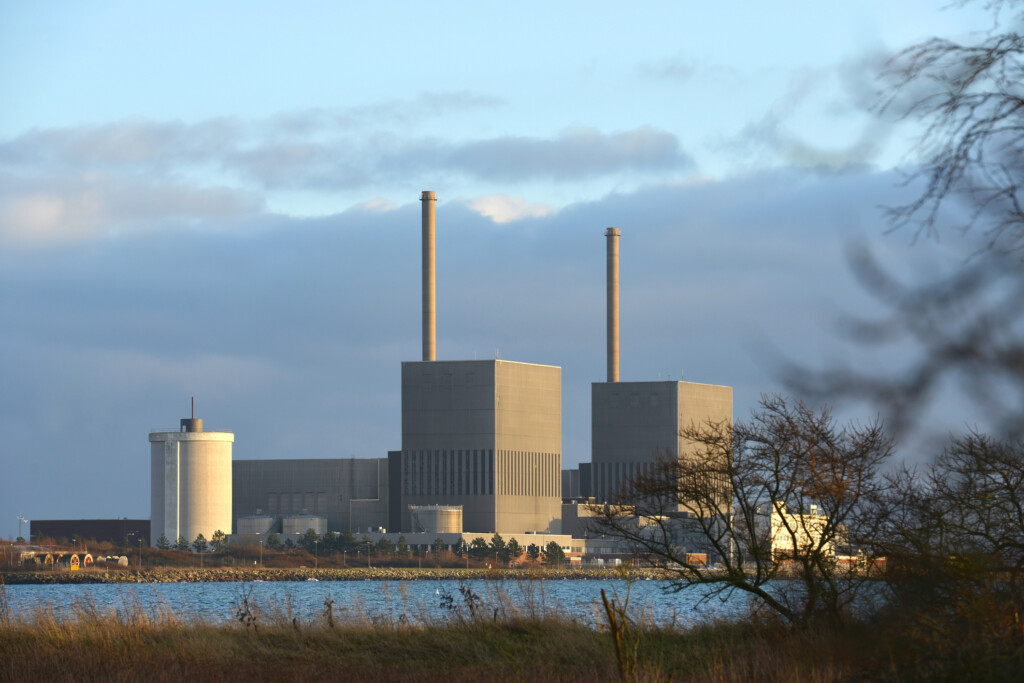Sustainable cities
The sweet environmental benefits of giving up treats
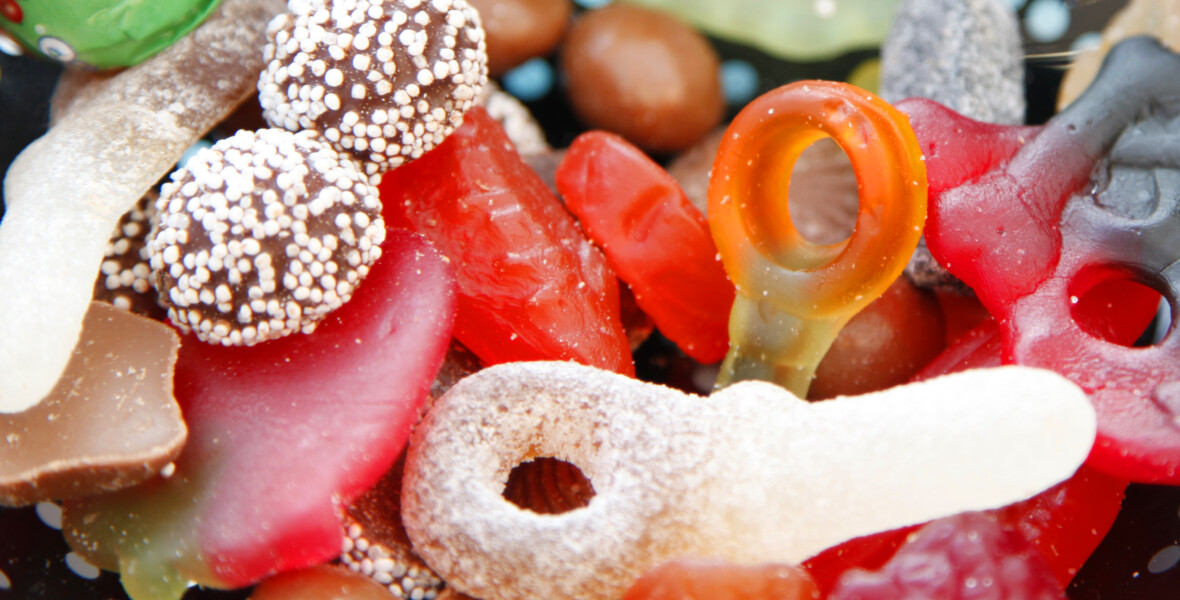
You’ve heard it before: we should eat less meat and dairy products for the sake of climate change. But you can actually make a big contribution to the environment just by cutting back on snacks, coffee and alcohol. Empty-calorie foods like these account for up to 37 percent of the environmental impact of our diets, new research shows.
Prenumerera på Extrakts nyhetsbrev!
Läs mer
Håll dig uppdaterad! Få kunskapen, idéerna och de nya lösningarna för ett hållbart samhälle.
Personal data is stored only for the mailing of Extrakt newsletters and information related to Extrakt’s operations. You can cancel the newsletter at any time, which means you will no longer receive any emails from us
Extrakt has previously reported on the interdisciplinary research project in which researchers from different disciplines are finding out how we should eat to protect both our health and the environment – at the same time. The project is nearing its end, and the results indicate that our current dietary choices are far from sustainable.
“We need to drastically change our diet to achieve set environmental goals,” says Elinor Hallström, researcher in sustainable nutrition at the RISE Research Institutes of Sweden.
The study reveals major differences in the environmental impact of various food groups. For example, our consumption of red meat and dairy products has a major impact on the climate and the use of arable land, nitrogen and phosphorus, while fruit and coffee have a greater impact on biodiversity and water consumption.
Women have a higher environmental impact in terms of calories
Animal-based foods have the biggest environmental impact, accounting for between 23 and 83 percent of our diet’s total environmental impact. Plant-based foods represent between 8 and 40 percent. Empty-calorie food, including non-alcoholic beverages, alcoholic beverages, sweets, cakes and snacks, accounts for between 9 and 37 percent of the total environmental impact of our diet.

The study is based on data from 50,000 people who registered what they ate, with large variations emerging.
“Groups of the population are already eating more sustainably, which indicates that there is an acceptance of dietary choices with a lower environmental impact. Unfortunately, most environmental goals were not reached even among those with the lowest environmental impact, demonstrating the major changes that are actually required.”
The study finds that men’s environmental impact from their diet is higher overall, but in terms of calories a different picture emerges.
“The women had the same or even higher environmental impact per thousand calories. The difference in the total is mainly due to the fact that men eat more calories. But dietary patterns also differ. Red meat and empty-calorie foods account for a larger percentage of the diet’s environmental impact among men, while vegetables and dairy products account for a greater impact among women.”
Coffee has a major impact on biodiversity
To reduce the environmental impact of our diets, we can look at the many similarities with the way we should eat to protect our own health: not eating more calories than we need, limiting our intake of red and processed meats, and eating more vegetables. Both our health and the environment can benefit from reducing empty-calorie foods, too.
“They provide little nutrition but a lot of calories, have a bad effect on our health and have a big environmental impact because we eat such large amounts.”
We should also think about the impact of beverages, which account for 14 to 34 percent of the total environmental impact of our diets.
“In Sweden, for instance, we drink a lot of coffee, which has a major impact on biodiversity. But the intake of milk and alcohol also brings with it a significant environmental footprint.”
Root vegetables good for both health and the environment
In order to achieve the sustainable development goals, we need to eat less food that has a high environmental impact. However, Hallström thinks it is important not only to talk about what we should not eat, but what we should eat.
“There’s a lot of things that are great from both an environmental and a health perspective that we eat too little of today,” she says, mentioning cereals (preferably whole grains), root vegetables, legumes and sustainably produced aquatic food.
We already know that we need to eat more plant-based food and less junk food, but we need to put more effort into getting people to make a change, Hallström says.
“Our research shows that a few foods account for a large share of the environmental impact of our diets. Targeted efforts in society for more sustainable consumption of these food groups present great opportunities to reduce the environmental impact of Swedes’ diets.”
